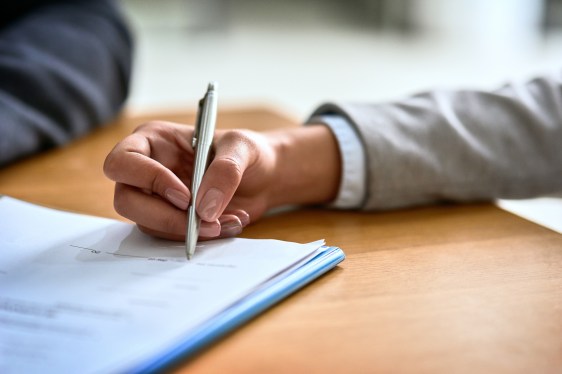As a startup founder, navigating the world of venture capital can be treacherous. One common hurdle is getting investors to sign nondisclosure agreements (NDAs) before pitching them. However, signing an NDA is crucial to safeguarding your proprietary rights and preventing unauthorized dissemination of sensitive information.
The "We Don’t Do NDAs" Response
When you ask an investor to sign an NDA, they often respond with a dismissive tone, saying "We don’t do that." This reaction is understandable, as investors deal with numerous startups, and signing an NDA could open them up to liabilities. For instance, if an investor agrees not to share anything disclosed but later learns about another startup doing the same thing, they may be put in an awkward position.
This practice has become so widespread that it’s considered a standard in the venture capital industry. However, there are times when you should push back against this convention: When discussing the details of your technology.
Pushing Back Against Conventions
If an investor refuses to sign an NDA, don’t let that deter you from having a meeting. Instead, take the following approach:
- Move the slides that discuss your technology to another part of the presentation deck.
- Add an interstitial slide stating "Beyond this point, an NDA is required."
This strategy allows you to maintain control over the conversation while still providing enough information to pique the investor’s interest. Your goal as a founder is to present a compelling story that convinces investors to sign an NDA before your next meeting.
Why You Need an NDA
Investors play a vital role in shaping a startup’s trajectory by providing financial support and lending their strategic expertise. However, they need to evaluate whether the investment makes sense for them through deep due diligence on the market, team, and problem being solved. This process often involves asking experts to assess your solution.
If your product or solution is patentable but you haven’t secured a patent yet, don’t share the details of your technology with anyone outside your company who hasn’t signed an NDA. Sharing sensitive information without proper protection is like putting your head in a lion’s mouth and praying it won’t bite.
The Risks of Not Having an NDA
Not having an NDA can lead to severe consequences, including:
- Unauthorized sharing of sensitive information
- Loss of competitive advantage
- Financial losses due to intellectual property theft
Investors who refuse to sign an NDA may be taking a risk that could ultimately harm their reputation and business.
Conclusion
Signing an NDA is essential for protecting your proprietary rights and preventing unauthorized dissemination of sensitive information. As a startup founder, it’s crucial to understand the importance of NDAs in venture capital and push back against conventions when necessary. By doing so, you can maintain control over the conversation while still presenting a compelling story to investors.
Related Resources
- The Importance of NDAs in Venture Capital
- Why Startups Need to Protect Their Intellectual Property
- The Role of NDAs in Business Development
By staying informed and taking the necessary precautions, you can navigate the world of venture capital with confidence.
About the Author
Haje Jan Kamps is a seasoned journalist and TV producer who has covered general tech news and focused on hardware. He has founded several companies to varying degrees of success and spent time in the VC world. Haje is more-than-averagely interested in photography and can often be found with a camera slung over his shoulder.
Stay Informed
To stay up-to-date on the latest news and trends in venture capital, follow Haje Jan Kamps on Twitter (@Haje) or visit his website (haje.me). You can also subscribe to TechCrunch’s daily newsletter for the industry’s biggest tech news.



